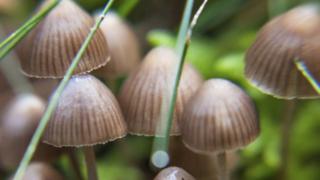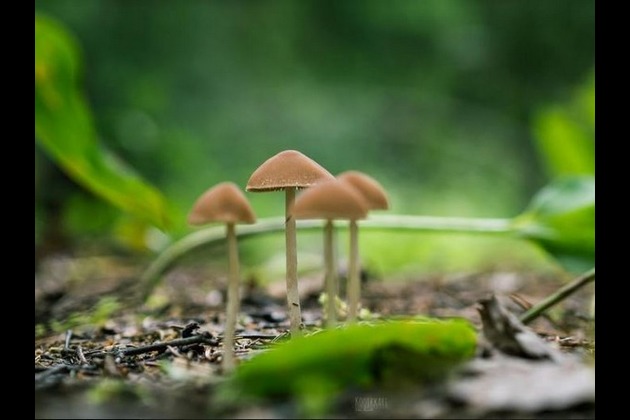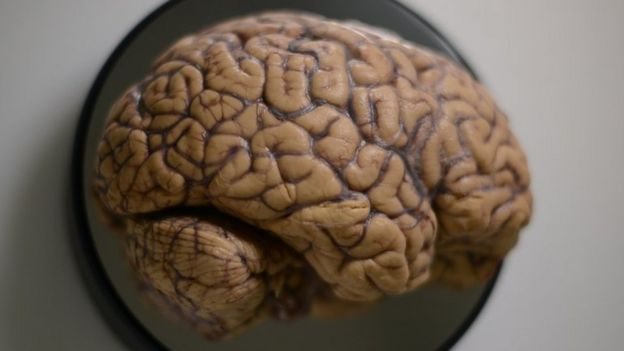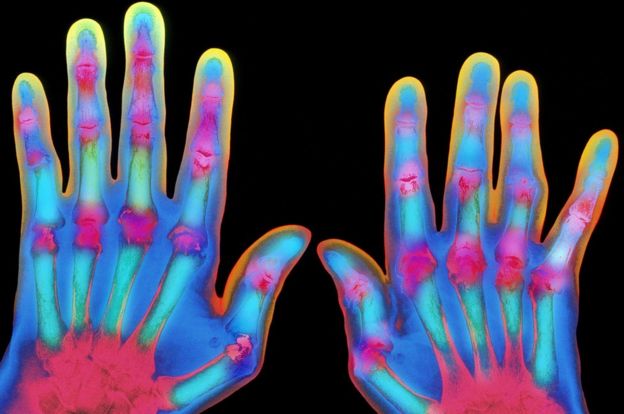dread
Member
The Dutch cabinet has proposed a ban on the sale of all hallucinogenic "magic" mushrooms because they could induce life-threatening behaviour.
A bill will now pass to the Dutch parliament, where a majority of lawmakers are expected to back a ban after a teenage French girl who had eaten mushrooms died jumping from a bridge in 2007.
In recent years the Netherlands has looked to shed its "anything goes" image and has tightened laws on drug use and prostitution.
"If they succeed with this mushroom ban then I am sure they will try to ban things like cannabis as well. This is part of a wider trend," said Freddy Schaap of the VLOS.
http://www.javno.com/admin/redirect/static/drudgereport143754.html
Yeah...I guess that "anything goes" bullshit isnt working out to well for them.

A bill will now pass to the Dutch parliament, where a majority of lawmakers are expected to back a ban after a teenage French girl who had eaten mushrooms died jumping from a bridge in 2007.
In recent years the Netherlands has looked to shed its "anything goes" image and has tightened laws on drug use and prostitution.
"If they succeed with this mushroom ban then I am sure they will try to ban things like cannabis as well. This is part of a wider trend," said Freddy Schaap of the VLOS.
http://www.javno.com/admin/redirect/static/drudgereport143754.html
Yeah...I guess that "anything goes" bullshit isnt working out to well for them.







